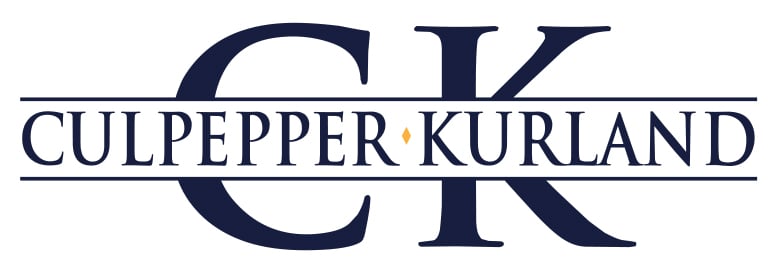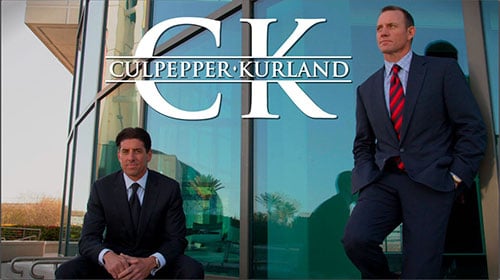A victim of an automobile accident in Tampa, Florida, will likely have to deal with the insurance company of the other driver who was at fault for the accident.
Normally, this is the best way for a person to recover compensation for that other driver’s negligence, as the other driver will rarely have assets to pay for the injury directly. Moreover, in most cases, the driver could always seek out bankruptcy protection.
Dealing with the other insurance company is not always an easy task. Even when the company is an honest and upfront institution, there is always some underlying pressure to pay as little as possible, since every dollar cuts in to the company’s profit margin. Moreover, individual adjusters at the company can sometimes turn out to be bad apples who intentionally deny claims they should not or who may simply be too busy or otherwise unable to do their job properly.
Florida’s law requiring insurers to refrain from acting in bad faith offers members of the public, including injured victims, some options should the insurance company act improperly. To be more specific, Florida insurers have certain legal obligations and responsibilities when it comes to paying claims made against policies.
Should they violate these obligations, even if they are still acting within the letter of their insurance policy, they may be held liable for any damages they cause as a result. In extreme cases, punitive damages may even be available. In many if not most cases, a person who is a victim of bad faith may be able to recover compensation beyond what is listed in the insurance policy. Victims of car accidents should discuss this statute with their attorneys if they have difficulties with an insurance company behaving improperly.


